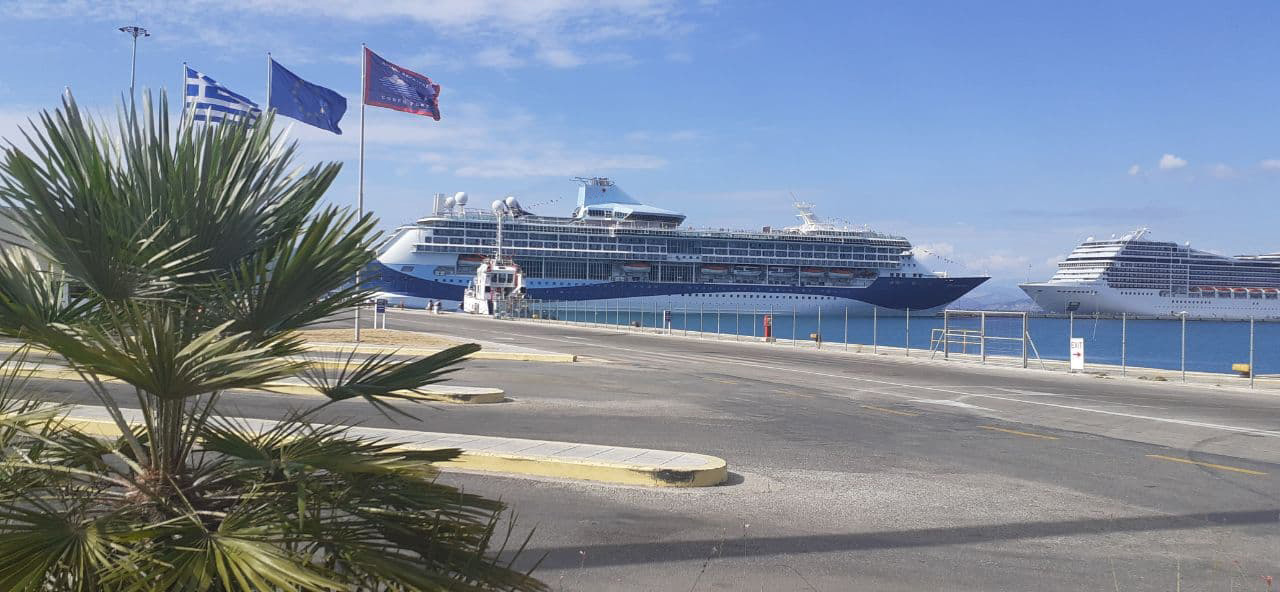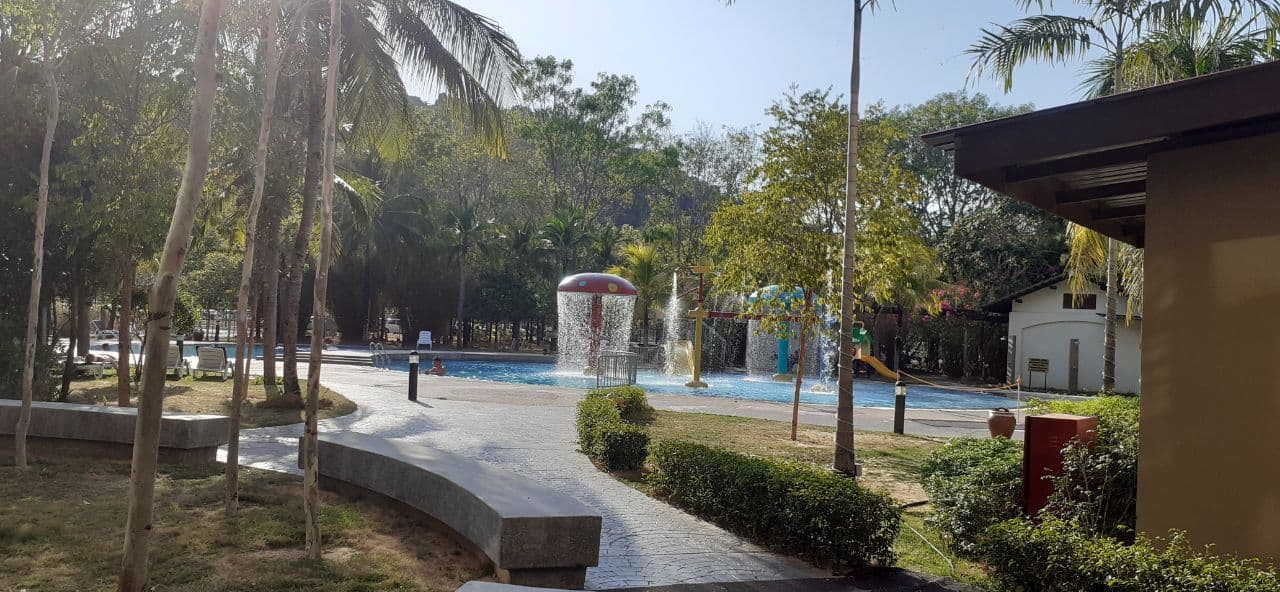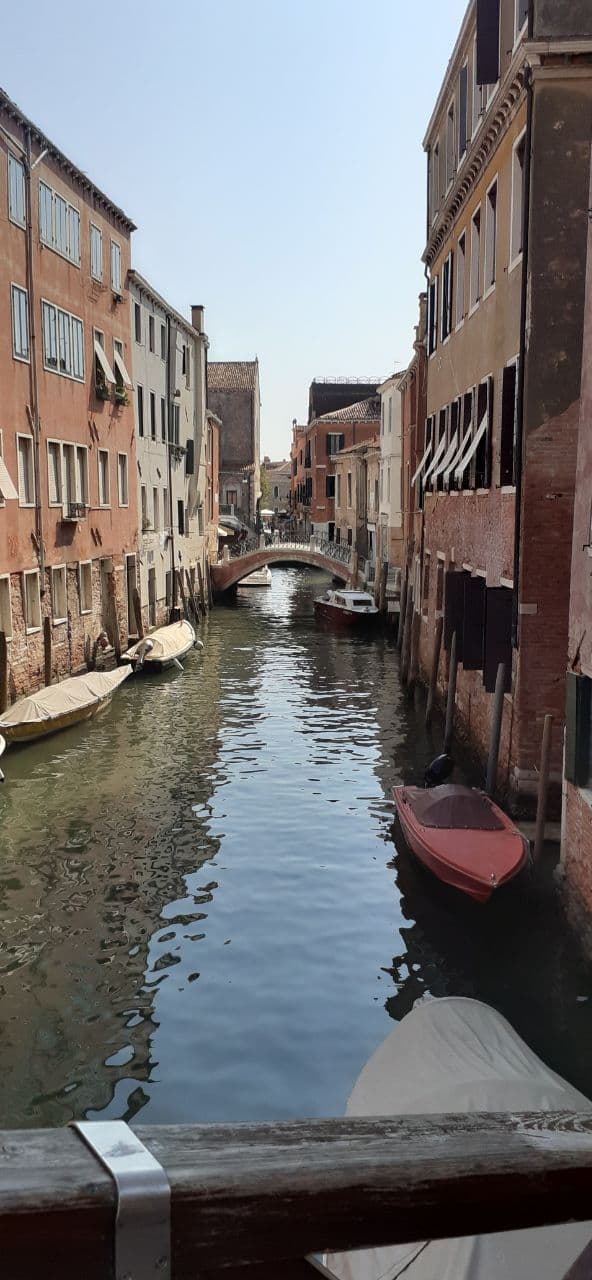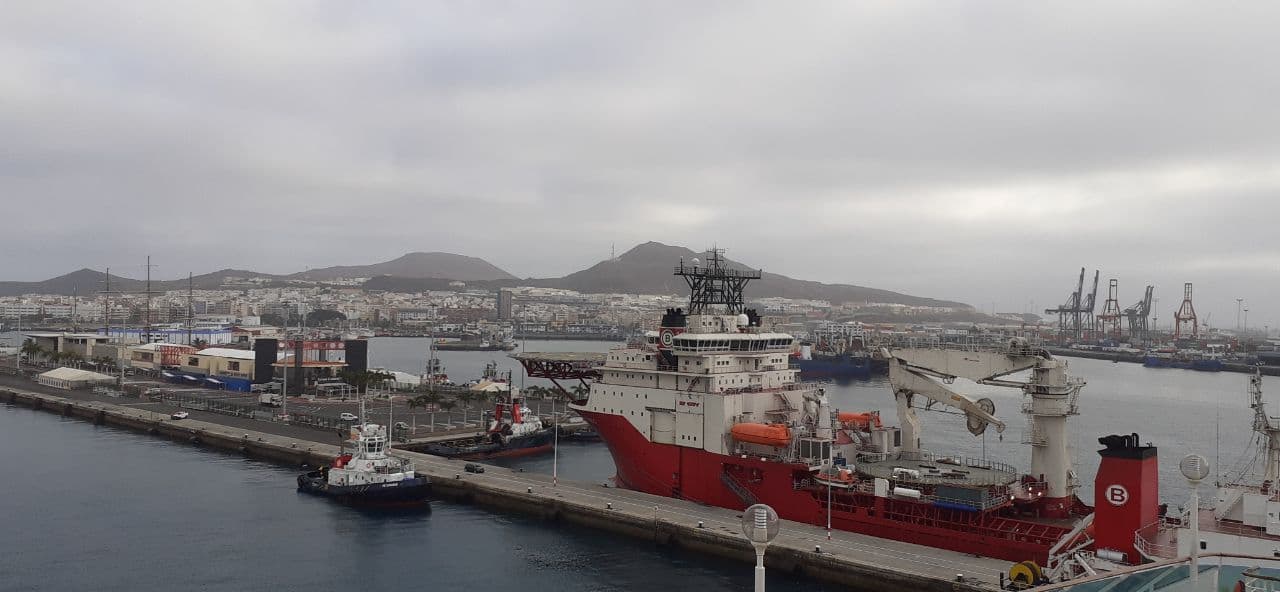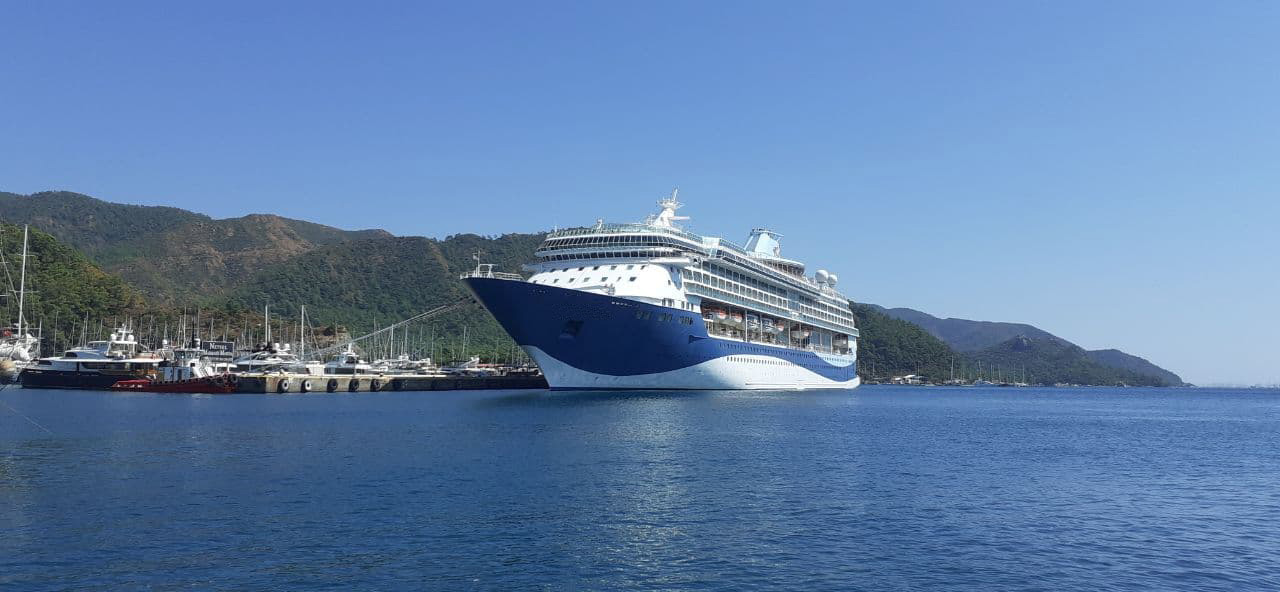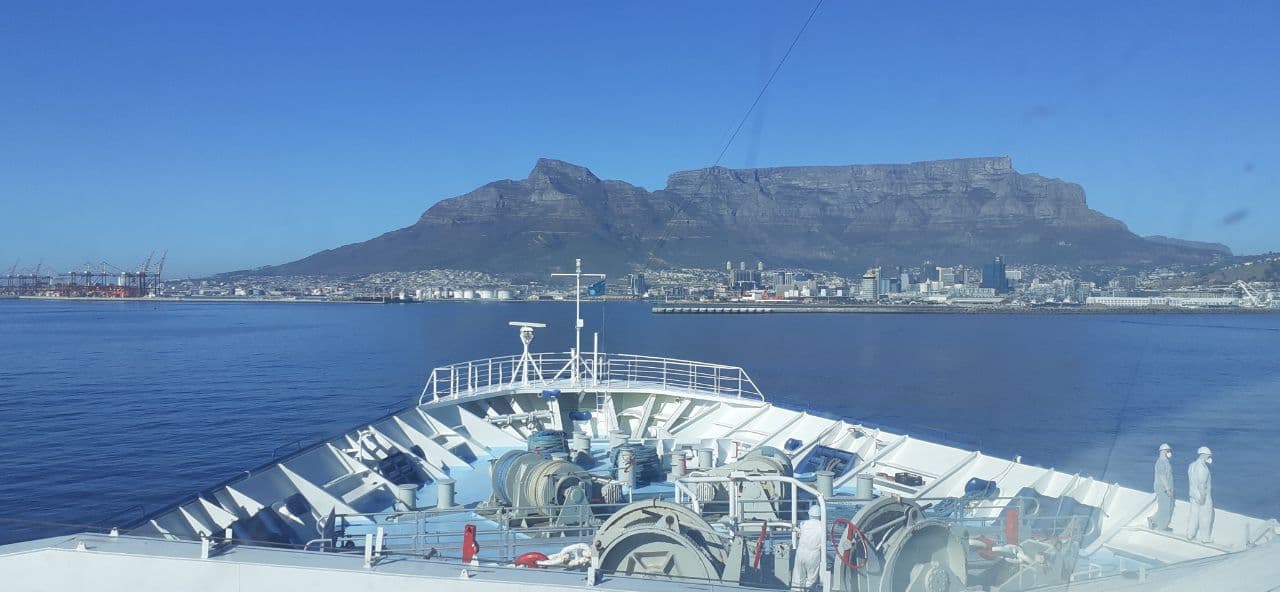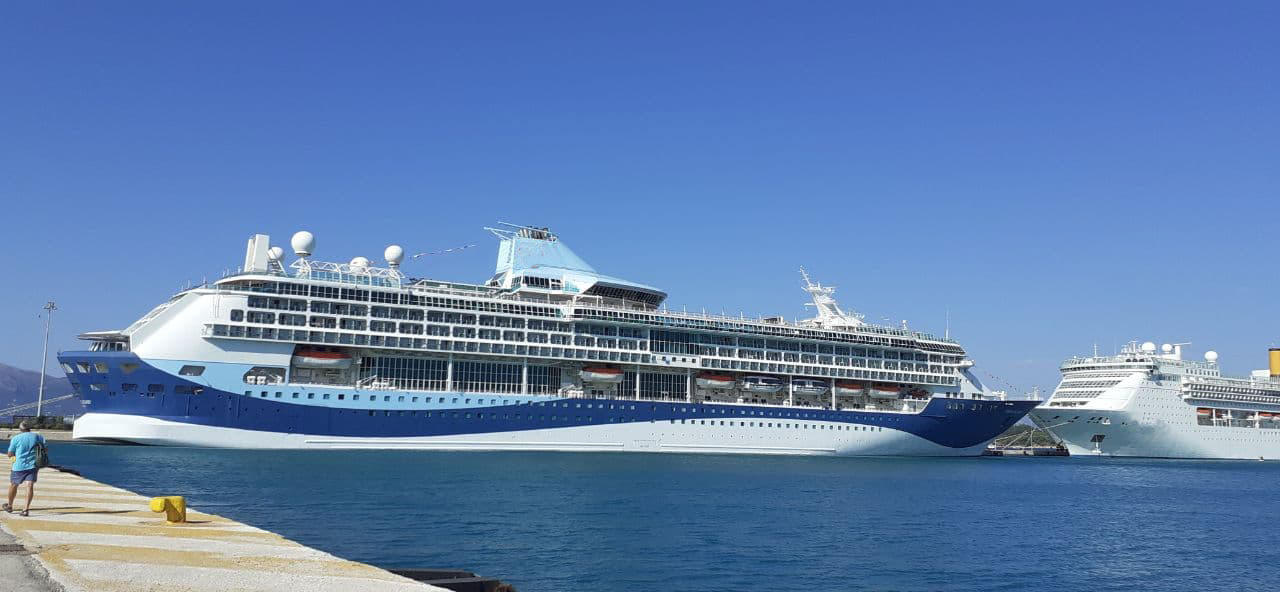“This is a great opportunity to see the whole world!”
This specialty is rarely talked about when it comes to working at sea, but in vain! Today we met with Alexander Kovalenko, who consciously changed his specialty and became a ref-mechanic. What do ref-mechanics do on a ship and where do they teach this specialty now? Alexander answered these and our other questions.
My position, Reefer Engineer, exists today primarily on passenger ships, fishing fleets, and ships that carry products such as fruit and meat. The sea began for me at an early age: first I went through a cadet practice on bulk carriers, and after that I started working in the passenger fleet. He started as an electrician on the ship “Belarus”. He worked on this ship for twenty years. He studied at our higher seafarer, now – the Maritime Academy, received the specialty of a mechanic.
That is, someone who wants to work as a ref-mechanic should study to be a ship mechanic?
You can get this specialty in Ukraine at the college, which everyone calls “fish”. Previously, this specialty was taught not only at the College of the Fishing Industry, but also, for example, at the Water Institute. I also know ref-mechanics who graduated from the Refrigeration Institute. But now the rules have changed, so for this job you need a specialized maritime education in the college of the fishing industry.
How has your career evolved over the twenty years you mentioned?
After the position of an electrician, he worked for five years as an assistant to a ref-mechanic. Gained experience, studied. And after receiving a diploma from the Maritime Academy, he moved to the position of a ref-mechanic. By the way, I started working on the ship when it was called “Belarus”, and then continued on it, but under a new name – “Dolphin”.
I joined Columbia Shipmanagement in 2010. At first he worked in a double position: a ref-mechanic and a hotel engineer on a small ship, which made it possible to duplicate two positions. We have a large team on large Columbia cruise ships – I have five ref-motorists under my command. We deal with everything from the car to the bridge: ventilation, refrigeration equipment, ref-chambers and compressors, fire dampers, in a word, everything that needs to be repaired. The ships at Columbia Shipmanagement are not small and there is enough work for a group of six people. Someone is on watch, while the rest have different tasks: often something urgent appears, something happens, some of the passengers are cold, and some are hot, and the situation needs to be corrected and controlled. In general, my working day lasts somewhere from 7 am to 6 pm, depending on the load.
A large staff on a passenger ship is due to a large number of refrigeration equipment. In the merchant fleet, everything is different, there are not so many refrigeration chambers and compressors, and the responsibility for their proper operation lies with the second mechanics.
Tell us about the advantages of your profession and the positive aspects of working on a passenger ship.
First of all, I would note the atmosphere. Communication with passengers leaves its mark, and in this regard, working on a passenger ship is, of course, more interesting than on a merchant ship. And the size of the crew on passenger ships – about 800 people – also provide ample opportunities for communication. Because of this, the work does not seem so monotonous. Passenger ships call at ports almost every day. Of course, it is not always possible to go out on the coast, but we have such an opportunity. Yes, and “passengers”, unlike merchant ships, are moored closer to the central part of the city. Columbia Shipmanagement has an extensive network of routes, and I have already visited Alaska, Ireland, Antarctica, South America, and Africa. Cruises to Asian countries worked for two seasons. This is a great opportunity to see the whole world!
My position, Reefer Engineer, exists today primarily on passenger ships, fishing fleets, and ships that carry products such as fruit and meat. The sea began for me at an early age: first I went through a cadet practice on bulk carriers, and after that I started working in the passenger fleet. He started as an electrician on the ship “Belarus”. He worked on this ship for twenty years. He studied at our higher seafarer, now – the Maritime Academy, received the specialty of a mechanic.
That is, someone who wants to work as a ref-mechanic should study to be a ship mechanic?
You can get this specialty in Ukraine at the college, which everyone calls “fish”. Previously, this specialty was taught not only at the College of the Fishing Industry, but also, for example, at the Water Institute. I also know ref-mechanics who graduated from the Refrigeration Institute. But now the rules have changed, so for this job you need a specialized maritime education in the college of the fishing industry.
How has your career evolved over the twenty years you mentioned?
After the position of an electrician, he worked for five years as an assistant to a ref-mechanic. Gained experience, studied. And after receiving a diploma from the Maritime Academy, he moved to the position of a ref-mechanic. By the way, I started working on the ship when it was called “Belarus”, and then continued on it, but under a new name – “Dolphin”.
I joined Columbia Shipmanagement in 2010. At first he worked in a double position: a ref-mechanic and a hotel engineer on a small ship, which allowed him to duplicate two positions. We have a large team on large Columbia cruise ships – I have five ref-motorists under my command. We deal with everything from the car to the bridge: ventilation, refrigeration equipment, ref-chambers and compressors, fire dampers, in a word, everything that needs to be repaired. The ships at Columbia Shipmanagement are not small and there is enough work for a group of six people. Someone is on watch, while the rest have different tasks: often something urgent appears, something happens, some of the passengers are cold, and some are hot, and the situation needs to be corrected and controlled. In general, my working day lasts somewhere from 7 am to 6 pm, depending on the load.
A large staff on a passenger ship is due to a large number of refrigeration equipment. In the merchant fleet, everything is different, there are not so many refrigeration chambers and compressors, and the responsibility for their proper operation lies with the second mechanics.
Tell us about the advantages of your profession and the positive aspects of working on a passenger ship.
First of all, I would note the atmosphere. Communication with passengers leaves its mark, and in this regard, working on a passenger ship is, of course, more interesting than on a merchant ship. And the size of the crew on passenger ships – about 800 people – also provide ample opportunities for communication. Because of this, the work does not seem so monotonous. Passenger ships call at ports almost every day. Of course, it is not always possible to go out on the coast, but we have such an opportunity. Yes, and “passengers”, unlike merchant ships, are moored closer to the central part of the city. Columbia Shipmanagement has an extensive network of routes, and I have already visited Alaska, Ireland, Antarctica, South America, and Africa. Cruises to Asian countries worked for two seasons. This is a great opportunity to see the whole world!



